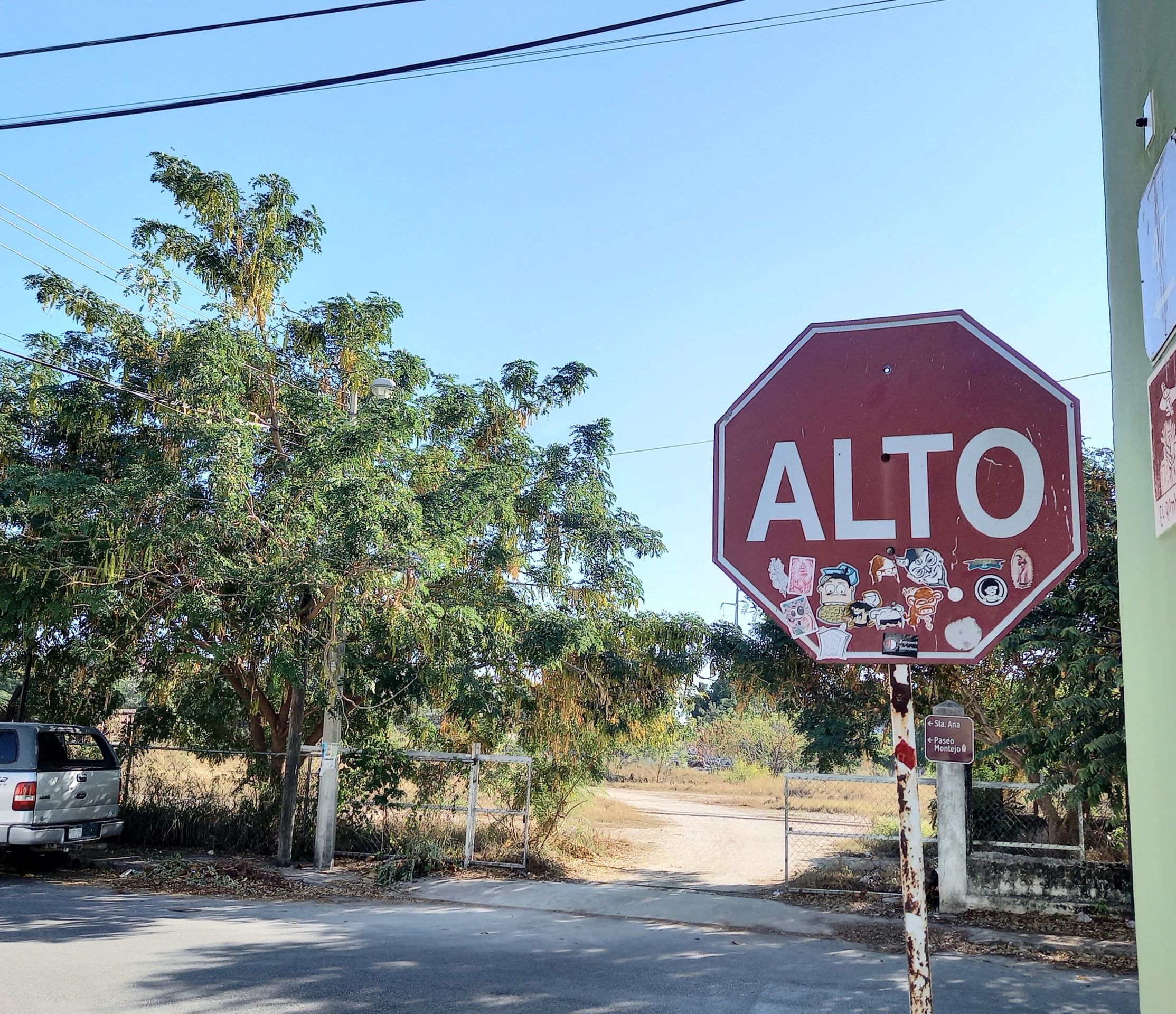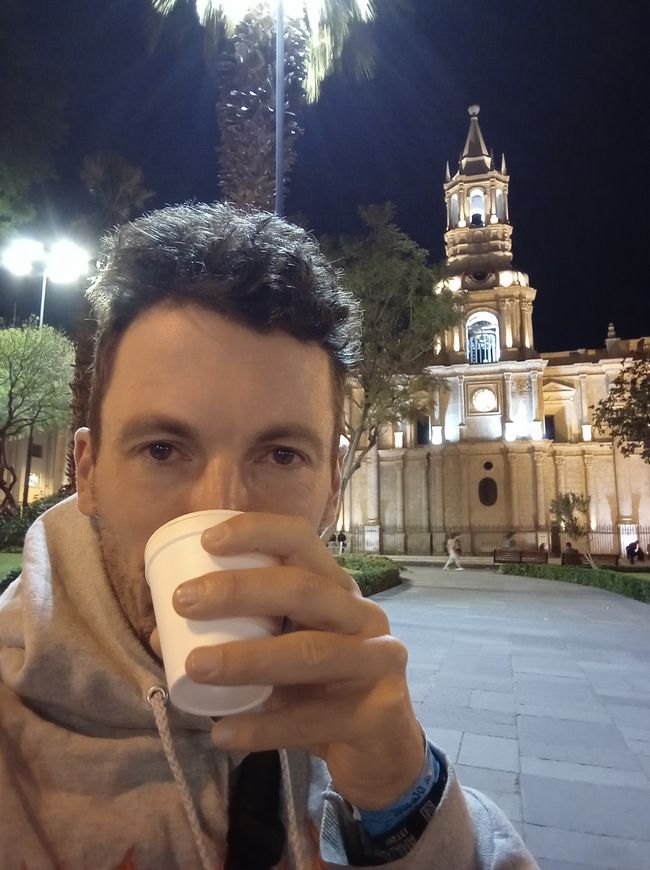Bayonne, welcome to the Basque Country!
Yayınlanan: 21.09.2024
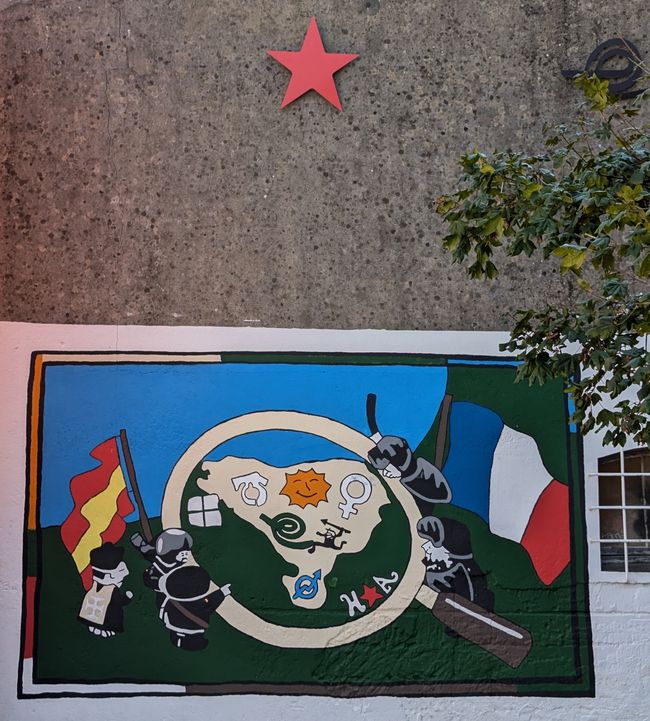
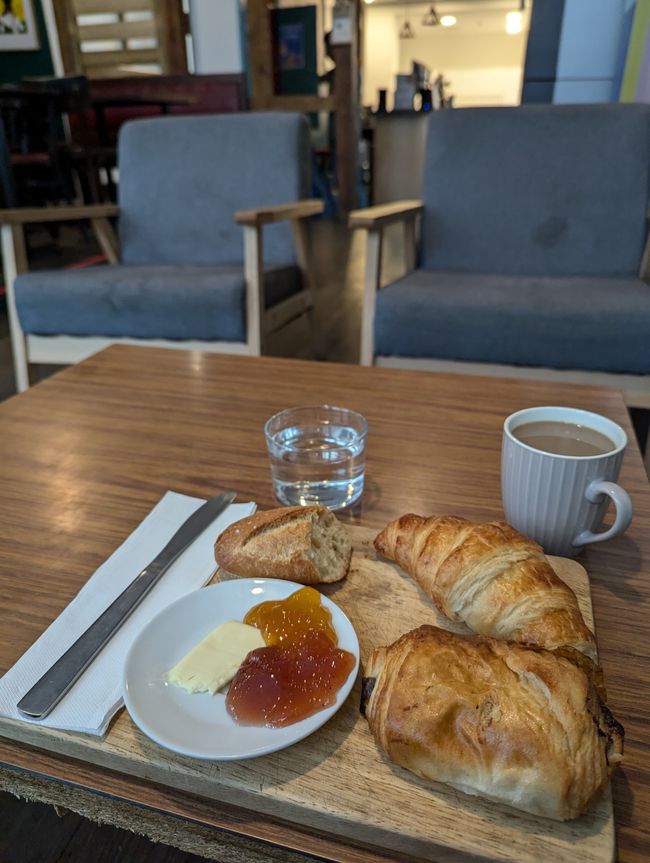
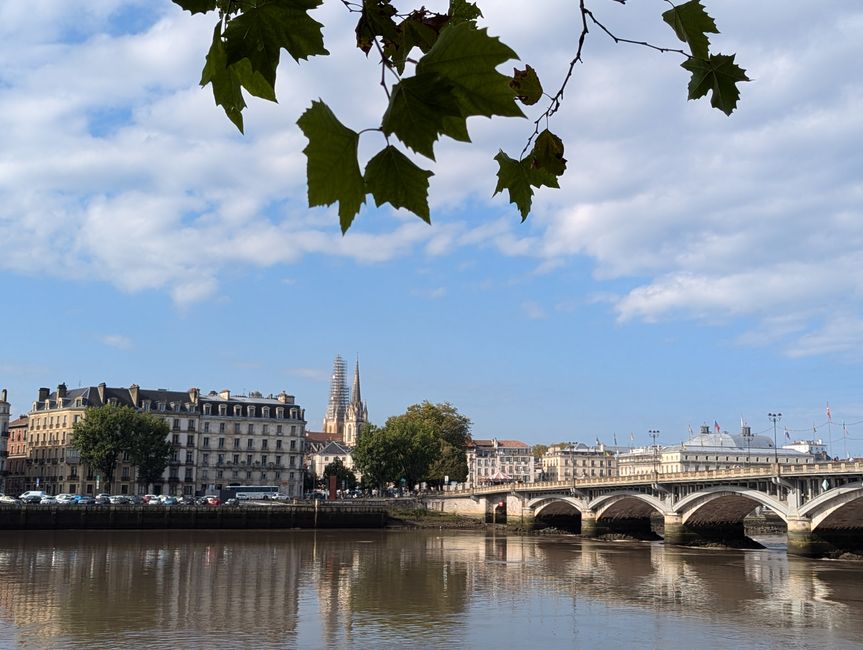
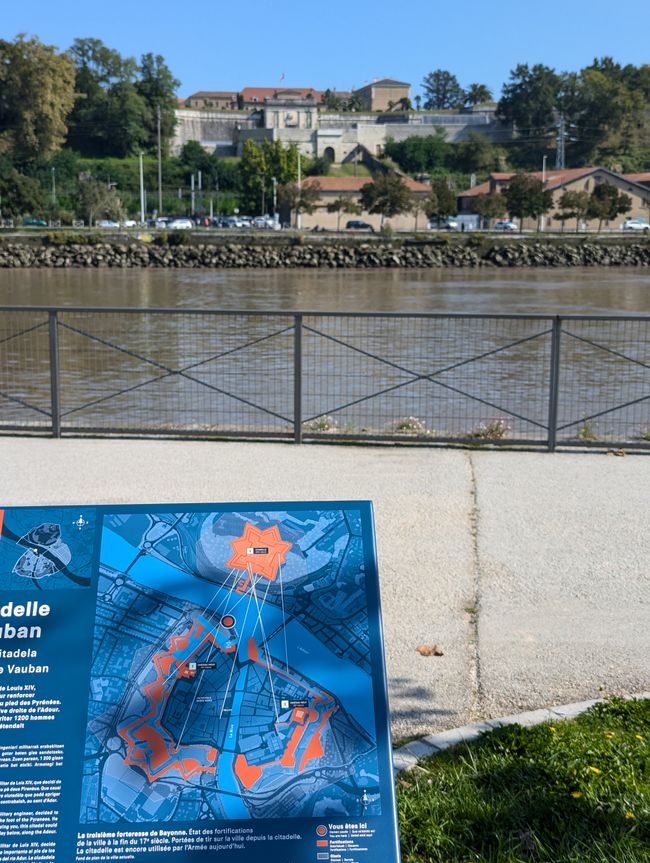
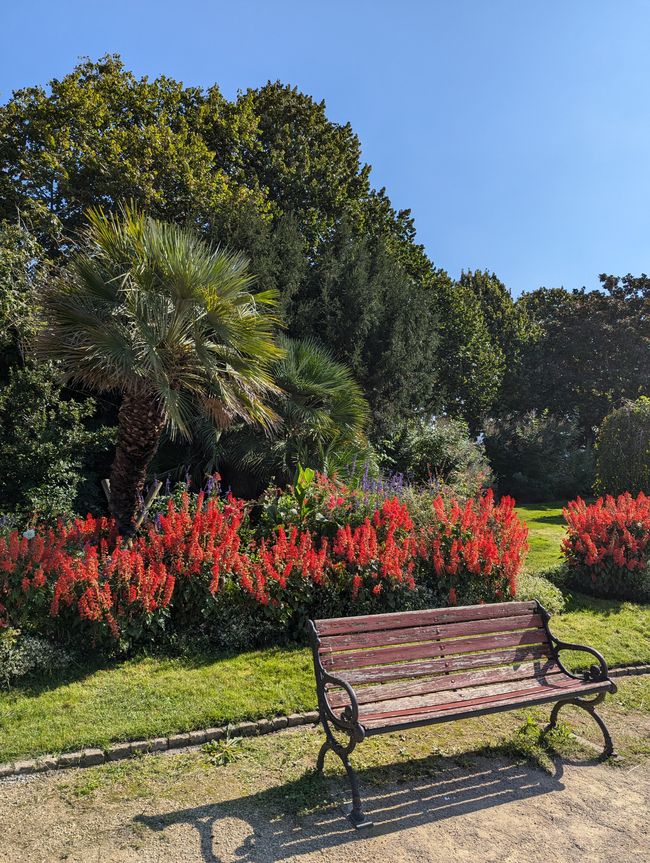
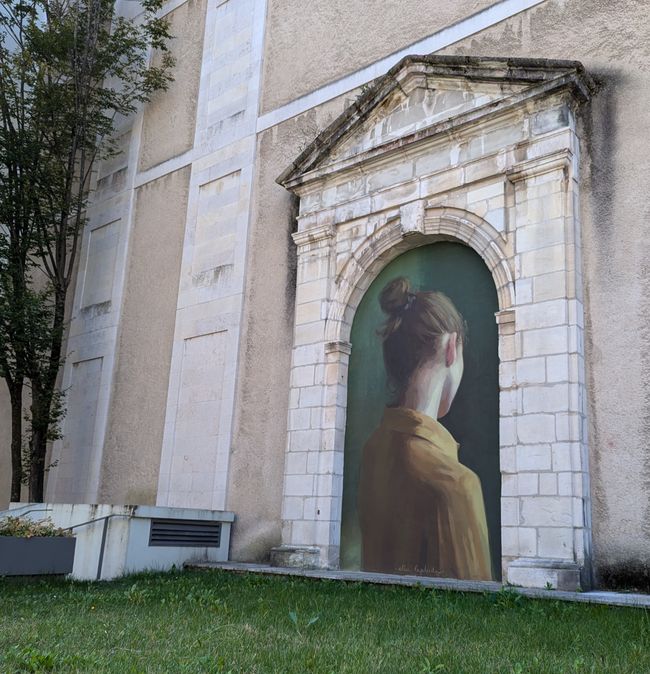
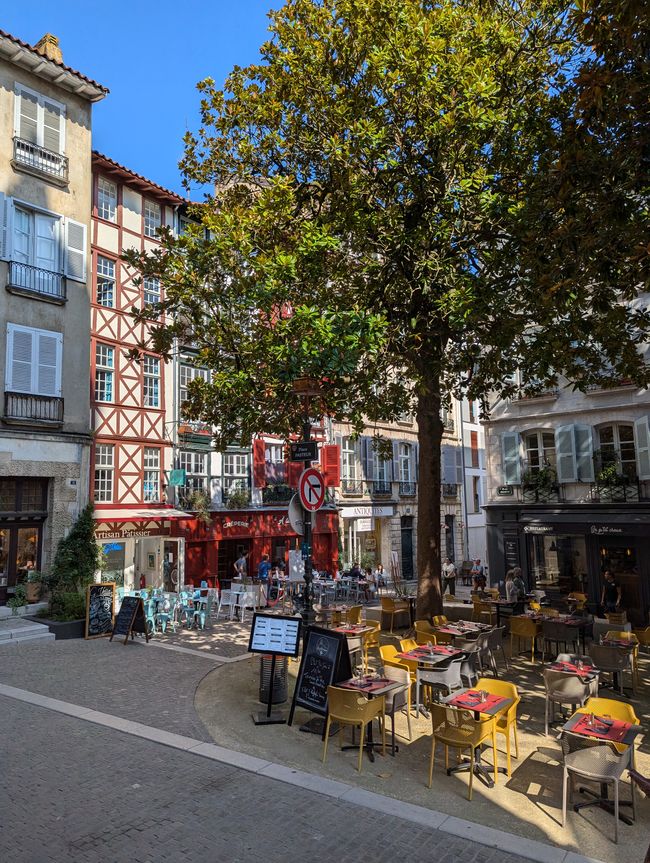
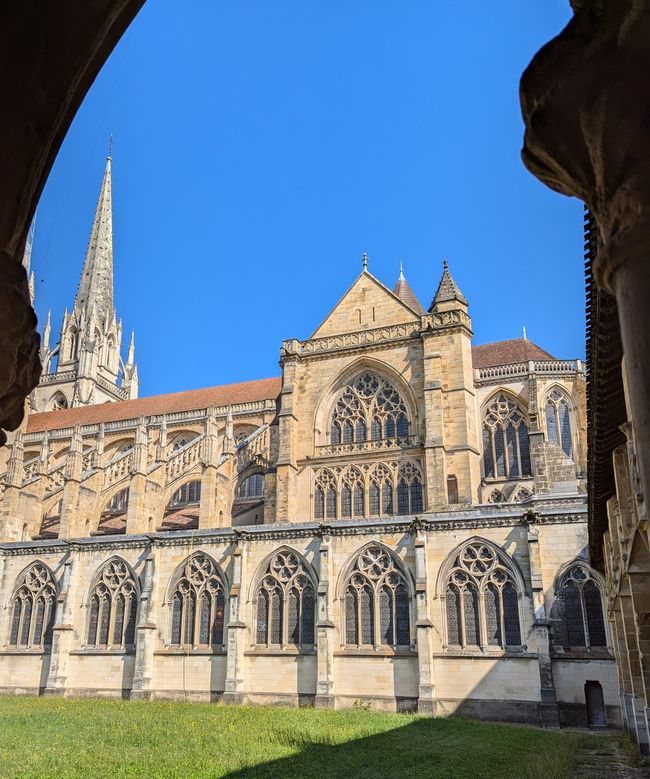
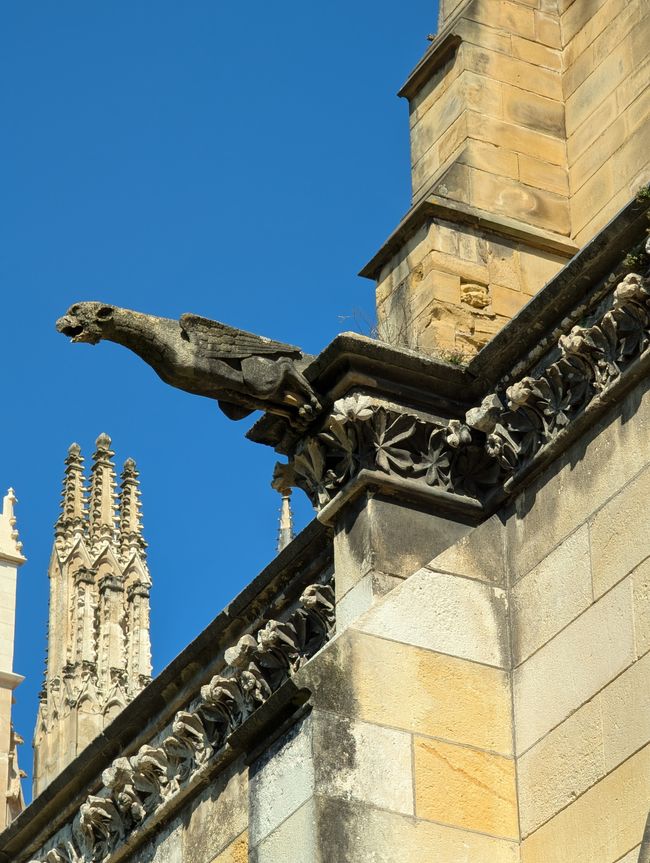
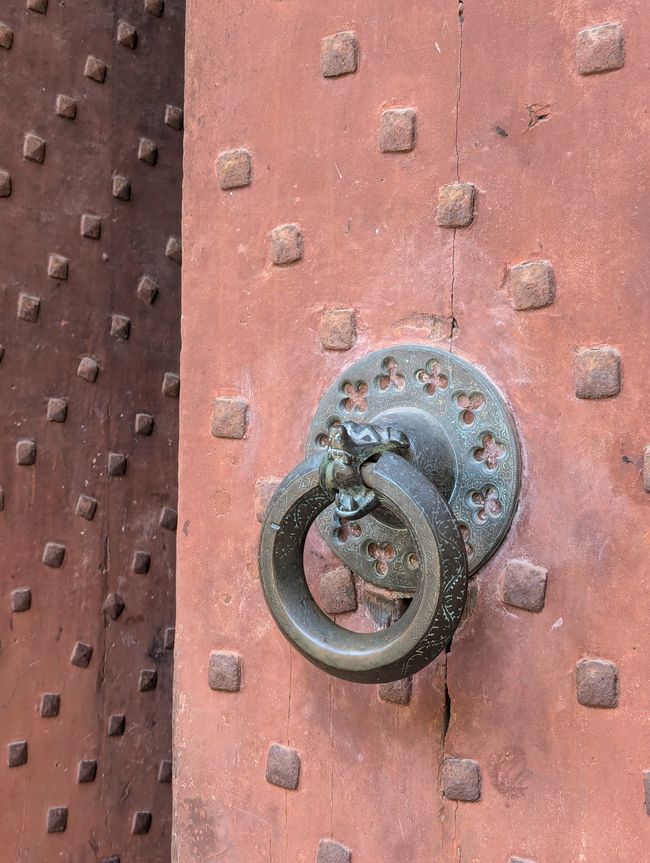
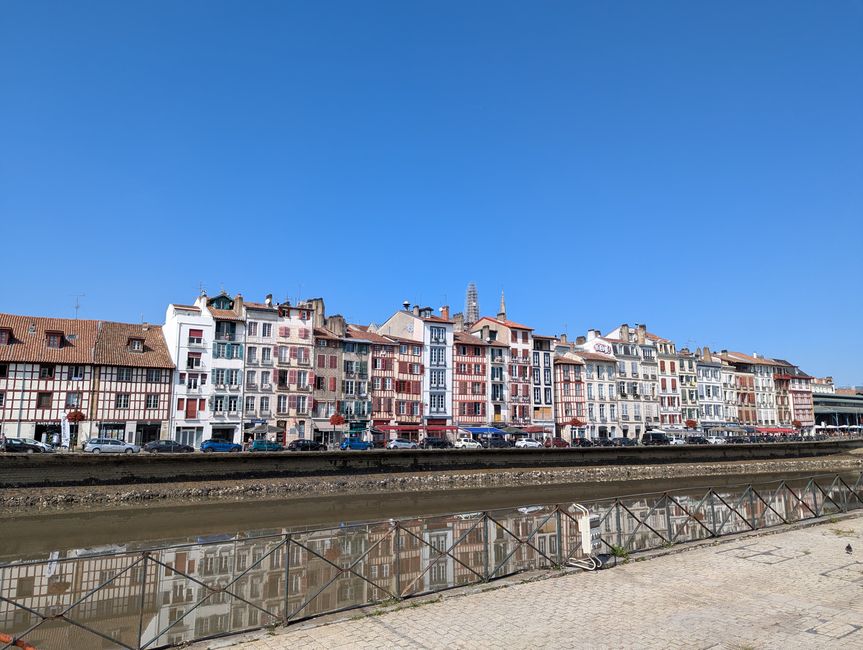
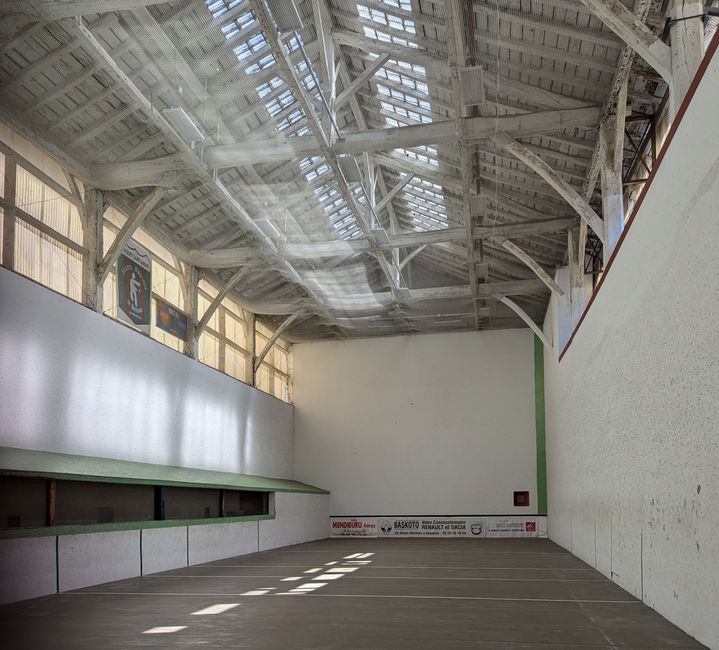
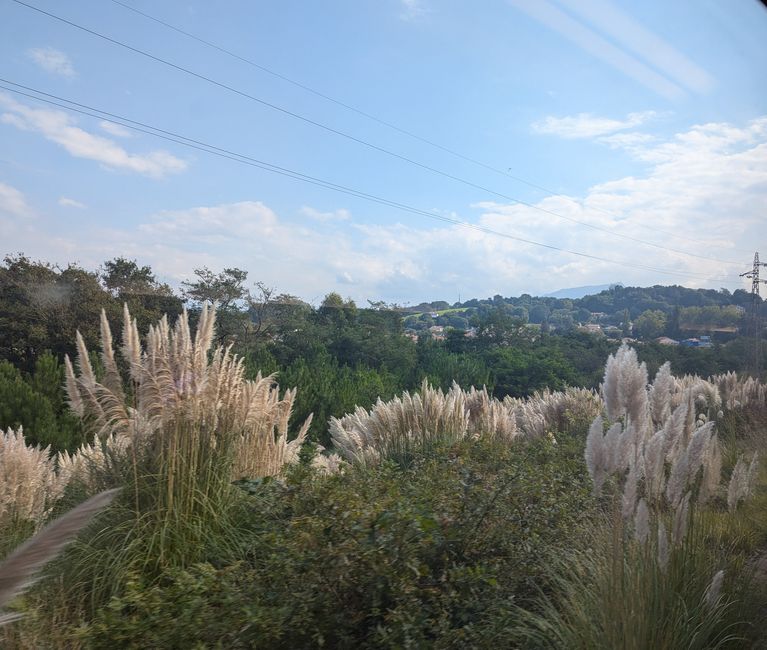
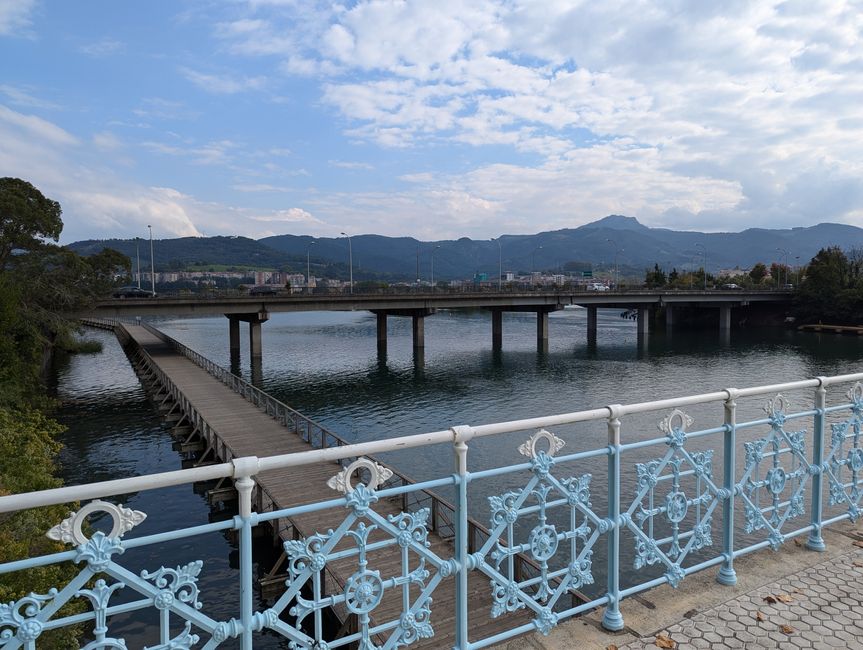
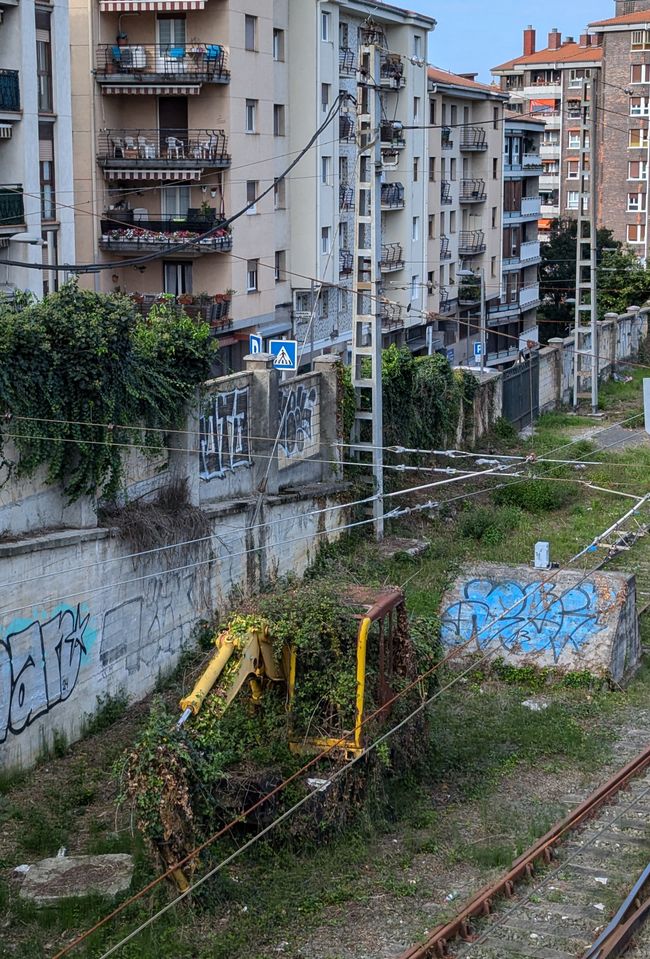
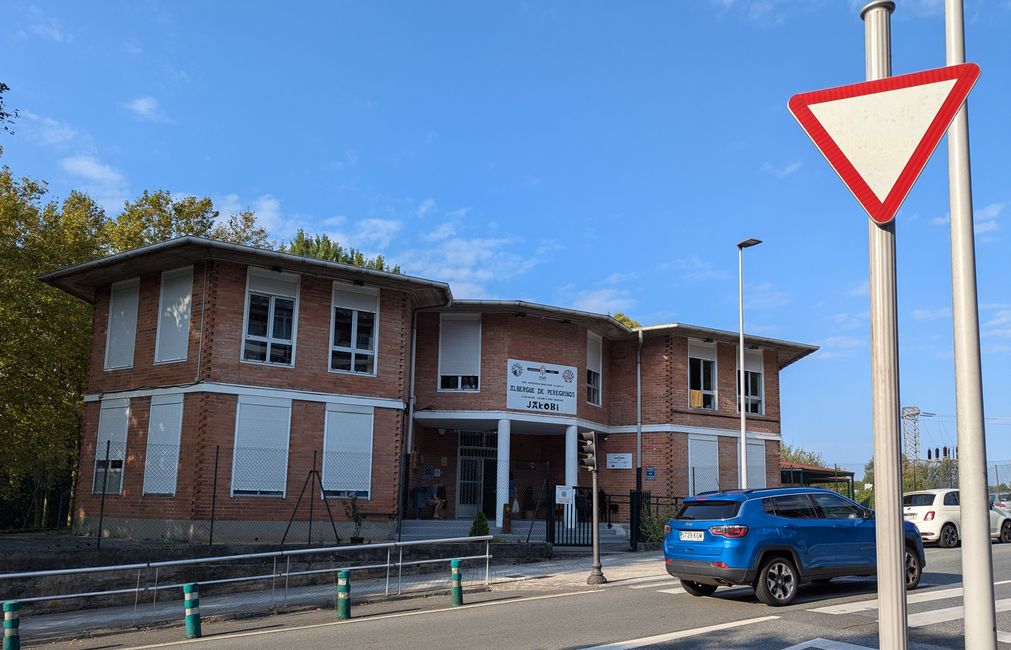
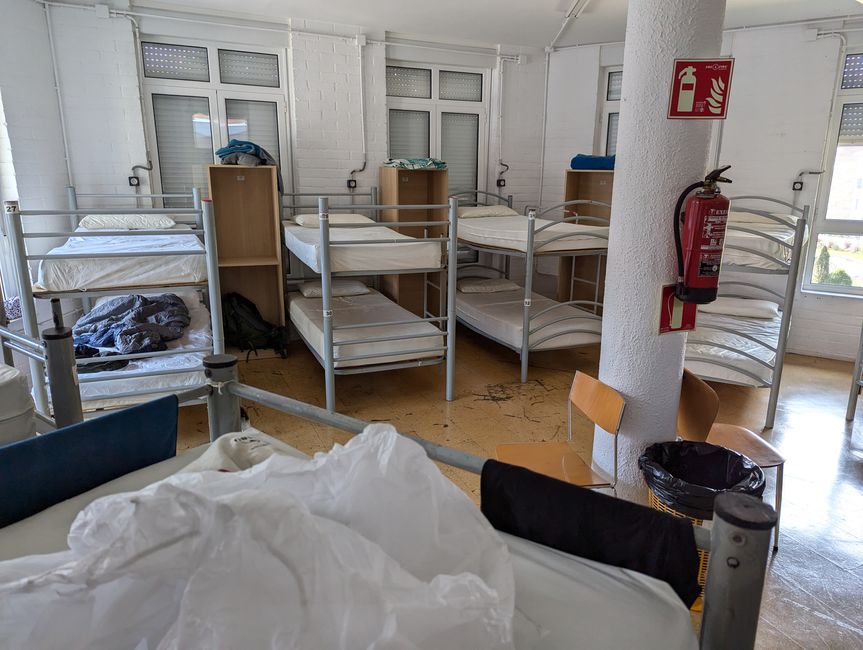
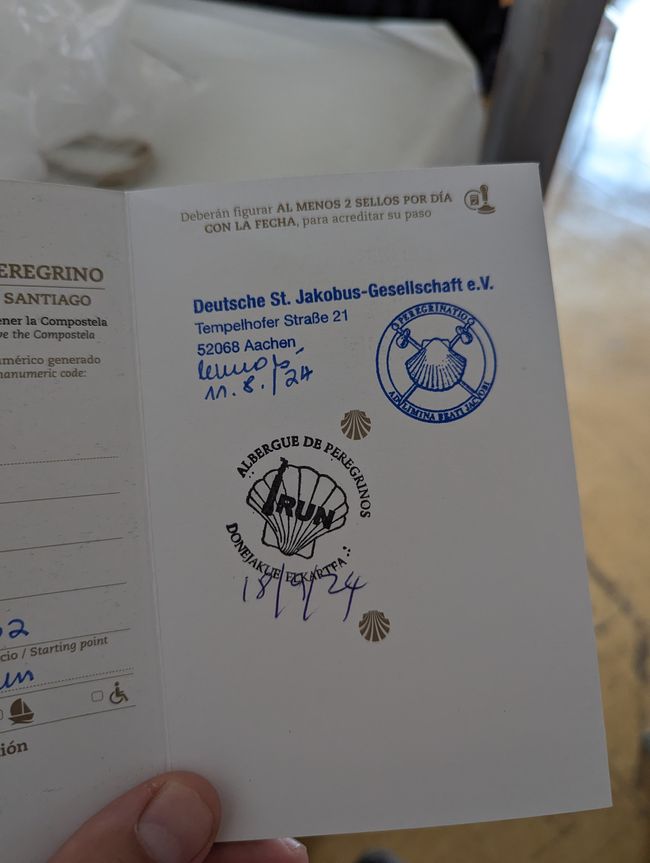
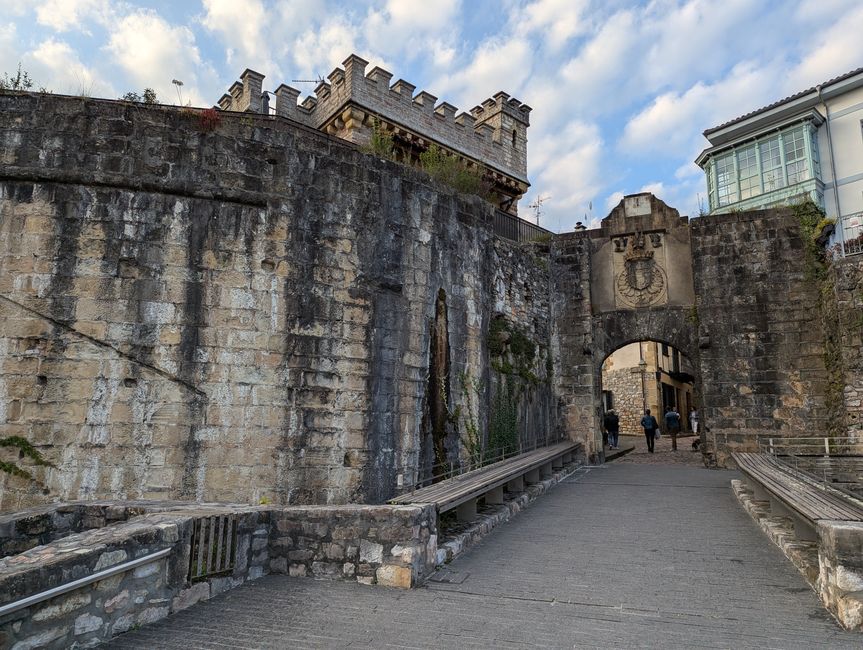
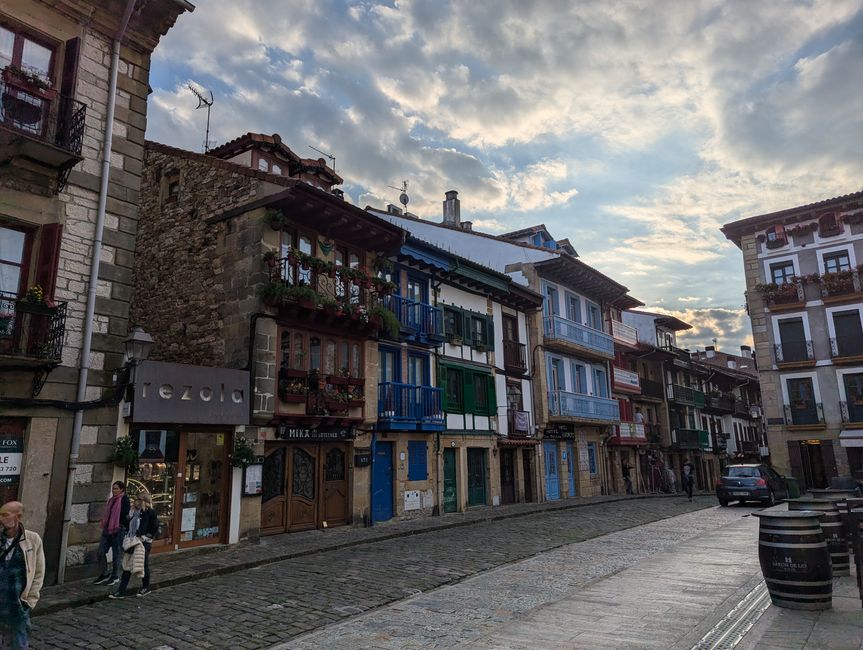
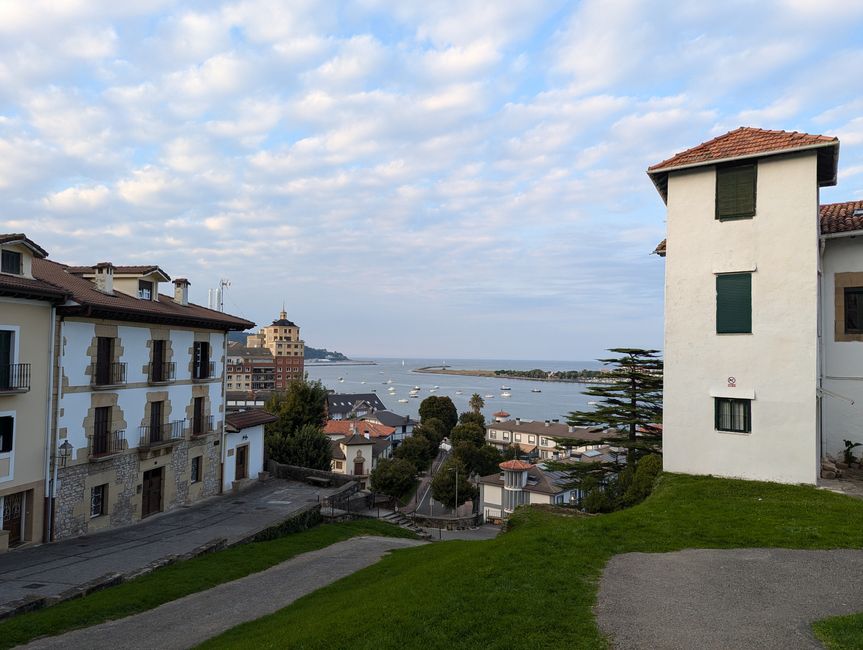
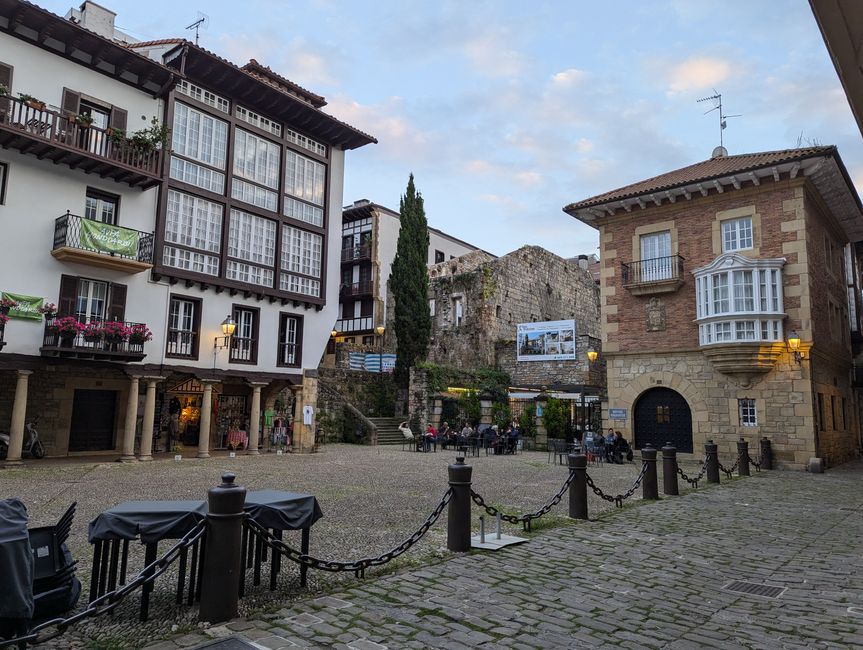
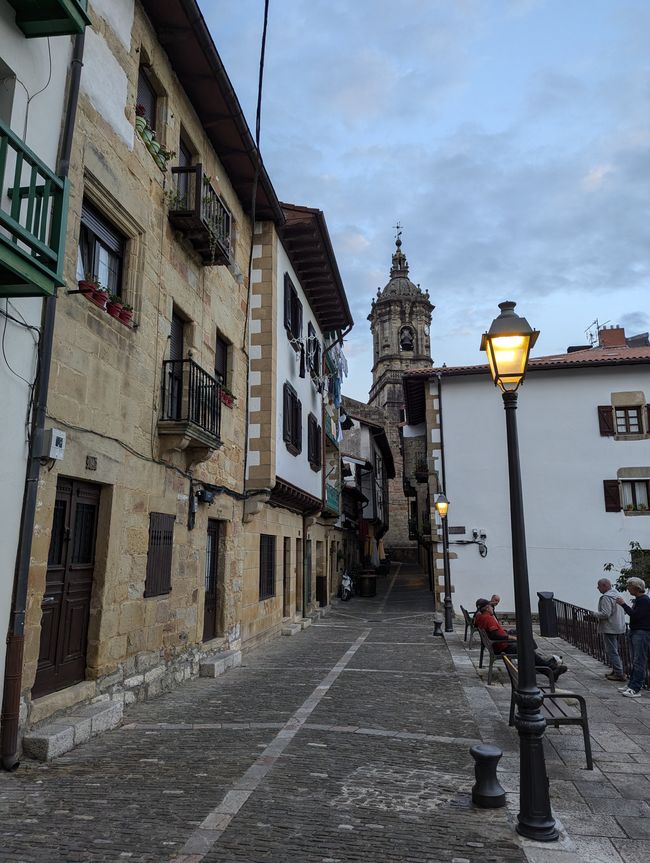
Aquitaine was behind me, and with Bayonne began my journey into the Basque Country, on both sides of the French-Spanish border. The architecture was unique, featuring colorful shutters. Street signs here were trilingual (French, Spanish, and Basque). Additionally, the Basque flag reappeared frequently, as well as nationalist-separatist graffiti and calls.
To what extent such demands are still justified in a European context is a question everyone may answer for themselves. In the afternoon, I crossed the French-Spanish border without any obstacles. A river, a bridge, and I was in the neighboring country. Much infrastructure, wide roads, railway bridges, but also bike and hiking paths.
Before I continued my journey, I visited Bayonne. The star-shaped fortress, which had protected the port city since the 17th century, now served as a green belt. Overall, the morning drifted lazily along like the Adour and Nive rivers. A nap on their banks signaled the start of my afternoon, time to move on.
--
Quiz question: What important invention bears the name of the city Bayonne?
--
In the Spanish Irun, my time on the Basque Camino de Santiago was set to begin. I had registered as a pilgrim and was ready to walk the Camino for a few days. A pilgrim’s pass was required for this, granting access to the hostels. I had already obtained such a document in Germany.
The accommodation in Irun, the starting point for the coastal route Camino del Norte, resembled an elementary school and was overseen that evening by an elderly couple. With gentle voices, they explained the strict house rules to me: Quiet hours from 10 PM to 6 AM, breakfast until 8 AM, and then all pilgrims must be gone, hiking shoes must be left in the hallway. I settled into a room with ten bunk beds.
I then used the early evening hours for a fluffy 4 km walk to the nearby town of Hondarrida and 4 km back. My hiking shoes were broken in.
--
Quiz answer: The Bayonet!
Cevap
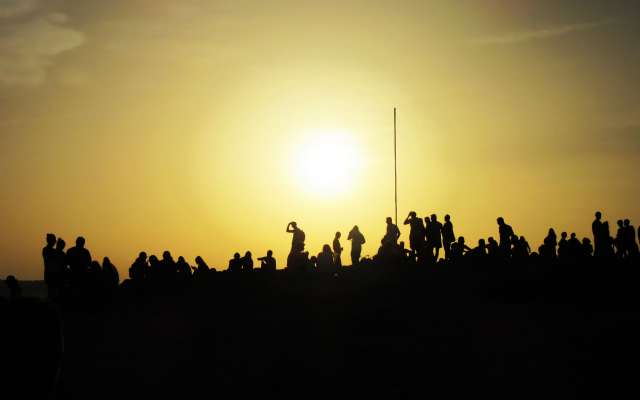
Seyahat raporları Ispanya
